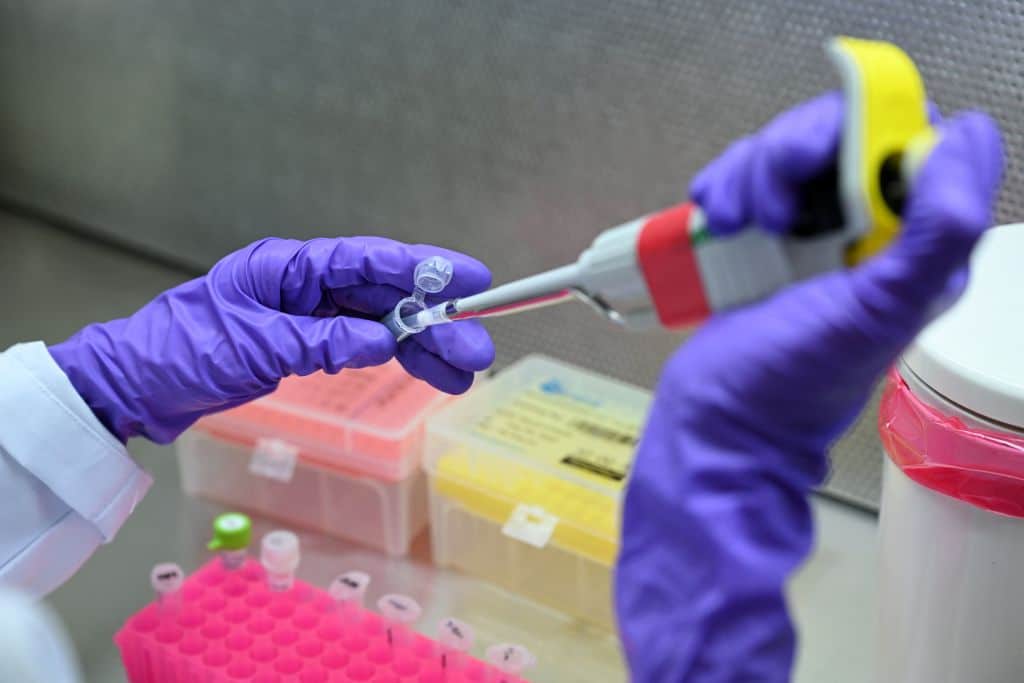TOPLINE
Scientists have identified a number of alarming issues with genetic studies of Europe’s long-persecuted Romani people, with an op-ed published Wednesday by the leading science journal Nature pointing to ethical lapses in collection of samples and their overrepresentation in databases accessed by law enforcement agencies — part of a wider problem with “unethical uses” of DNA databases.
KEY FACTS
DNA samples have been collected from thousands of Roma since the 1990s and possibly as far back as the 1970s, many of which were taken without consent before being shared for research purposes and added to public databases, the authors wrote.
In some cases genetic material was taken from prisoners, while in other instances people were offered incentives to give DNA, a practice “considered unacceptable by most human geneticists.”
CRUCIAL QUOTE
“In our view, research and peer-review practices must change across a broad array of disciplines, from forensic genetics to molecular anthropology,” the authors wrote in Nature. “Failure to correct past and ongoing mistakes puts more people at risk of harm from the collection of DNA. It also threatens the reputation of human genetics — and of science in general.”
Loading...
BIG NUMBER
10-12 million. That’s how many Roma are believed to live in Europe, according to the European Union. “Roma” is itself an umbrella term that includes a number of diverse identities.
KEY BACKGROUND
The issues of racism and discrimination within genetics have become more prominent in recent years with the discussion of historic cases of abuse such as that of Henrietta Lacks in the United States, or of China using DNA to monitor the Uyghurs. Romani people continue to face persecution in Europe, including segregation and lack of access to food and water.
FURTHER READING
“Europe’s Roma people are vulnerable to poor practice in genetics” (Nature)
“The DNA of Roma People Has Long Been Misused, Scientists Reveal” (New York Times)
“Roma people: 10 ways Europe’s biggest minority faces discrimination” (Reuters)
By Téa Kvetenadze, Forbes Staff
Loading...
